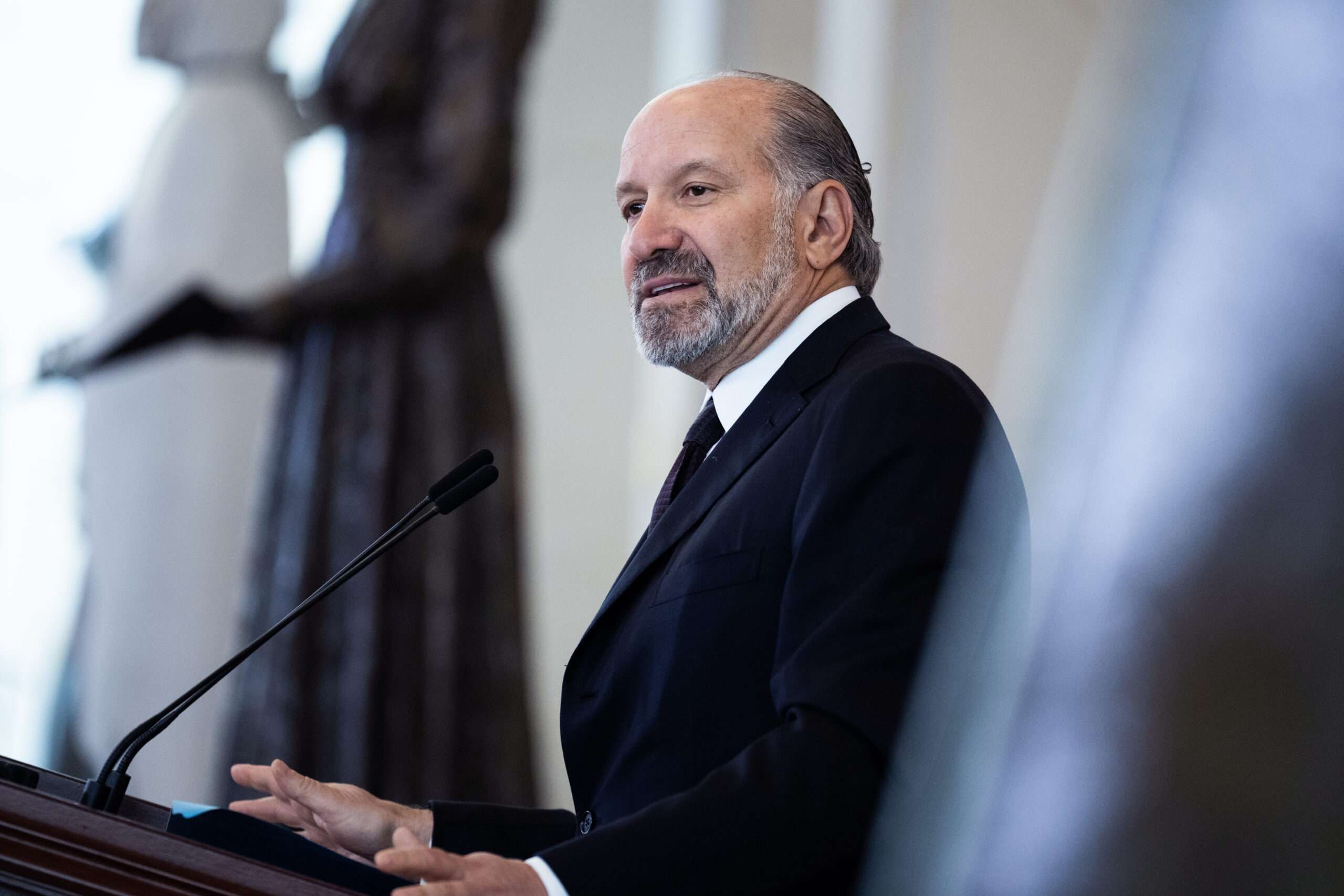Has International Travel to the U.S. Really Collapsed?

Between a global trade war, cancelled visas and tourists detained at the border, the signals from the United States have been anything but inviting to potential visitors. Many news outlets have reported extraordinary declines in international visitors during the new Trump administration, especially from Europe. But despite some ominous signs, a close look at the data shows that travel to the United States is largely holding up — at least so far. Nearly as many foreign travelers have arrived at American airports this year than during the same period last year, according to an analysis by The New York Times of entry data collected from every international airport in the country. International arrivals did drop more than 10 percent in March compared with last year, but this was largely because Easter fell unusually late this year, pushing back a popular travel window for European tourists. More recent figures from April show that travel over the holiday looked similar to previous years. Visitors haven’t stopped booking summer vacations in the United States, either, with one major exception. Canadians, angered by U.S. tariffs and Trump administration talk of turning their country into a 51st state, really do appear to be boycotting the United States. Ticket sales for travel in summer, a crucial season for the industry, are down 21 percent compared with last year. The decline in Canadian travelers, who make up roughly a quarter of all foreign visitors, is enough by itself to threaten tourism-oriented businesses in Florida, New York, Maine and other popular destinations. But sales of tickets for summer travel from the rest of the world are down only 2 percent compared with the same period last year, according to data on the 25 most popular routes from the Airlines Reporting Corporation, whose data covers about two-thirds of global airline ticket sales. Any decline is worrisome for the travel industry, and the situation could worsen if economies are further weakened by the trade war or if anti-American sentiment rises. There is extraordinary uncertainty among travel analysts about whether visitors will continue to come in the same numbers — and if so, for how long. Part of the explanation for the relatively unchanged arrival figures so far may lie in the nature of the travel business. Many international trips are booked months in advance, and can be hard to cancel, and so even a traveller who feels antagonized by U.S. policies may in the end get on a plane anyway. “What we’re seeing is that words and actions don’t always line up,” said Henry Harteveldt, an airline and travel industry analyst. U.S. airlines are expressing confidence about international travel. Sales for international flights on American Airlines, Delta Air Lines and United Airlines remain strong, the carriers have said in recent weeks. Many of those travelers are Americans going abroad, and United has reported some weakness in sales for people coming to the United States. But overall international business has been “resilient,” Andrew Nocella, United’s chief commercial officer, told investor analysts this month. The outlook for summer travel into the U.S., however, remains remarkably fluid, and it depends on where you look, Airlines Reporting Corporation data suggests. Summer ticket sales from some countries, including Germany and the Netherlands, are down significantly from last year, but they have remained flat on other major routes. Elsewhere, including Japan and Ireland, sales are up. There is huge variation even within regions. In Europe, bookings from Spain, Greece, and Ireland are all up sharply, while others have dropped. In Latin America, Ecuador and Mexico have cut back, but Argentina and Costa Rica are trending upward. Much of the busy summer period remains months away, and there is still time for bookings to be made. And over the past three months, travelers have started booking flights closer to their travel dates, a behavior last seen during the Covid-19 pandemic, according to Steve Solomon, chief commercial officer at the Airlines Reporting Corporation. “Noise leads to uncertainty, and uncertainty leads to changes in behavior,” Mr. Solomon said. The organization’s data shows the typical window for booking international travel, usually around nine and a half weeks out, shortened by about a week between January and April, he said. The reasons for a decline in bookings from some countries are not always clear, but experts say they may be more a reflection of economics than a political statement. Politics “might be a factor that travelers consider,” said John Grant, chief analyst with OAG, an aviation advisory and data firm. “At the highest intermarket levels, it doesn’t make much difference.” Some of the declines could be linked to currency variations, Mr. Solomon said. The Japanese yen has strengthened against the dollar over the past year, and summer bookings from Japan have seen a sharp uptick. By contrast, the South Korean won has fallen, and bookings from South Korea have decreased. Economic growth in Germany has also stalled under the weight of the Trump administration’s trade policies. Sometimes, however, the link between politics and personal travel decisions appears unmistakable. Since President Trump stepped up his hostility toward Canada, border crossings have plummeted. Unlike air travel, land travel often isn’t planned months in advance, so changes reflect a change in sentiment more quickly. Crossings from Canada dropped sharply after Prime Minister Justin Trudeau urged Canadians to “choose Canadian products and services rather than American ones” on Feb. 1. Traffic at two of the busiest crossings, near Niagara Falls, fell 42 percent in March compared with 2024. And traffic at a busy crossing point between Vancouver and Seattle fell 48 percent. Many Canadians are choosing to travel domestically instead of going to the United States. Domestic bookings for the summer are up 6 percent this year, according to data from the Airlines Reporting Corporation. “It’s a shift in where people are going, more than a shift in them not traveling,” said Mr. Solomon.

















